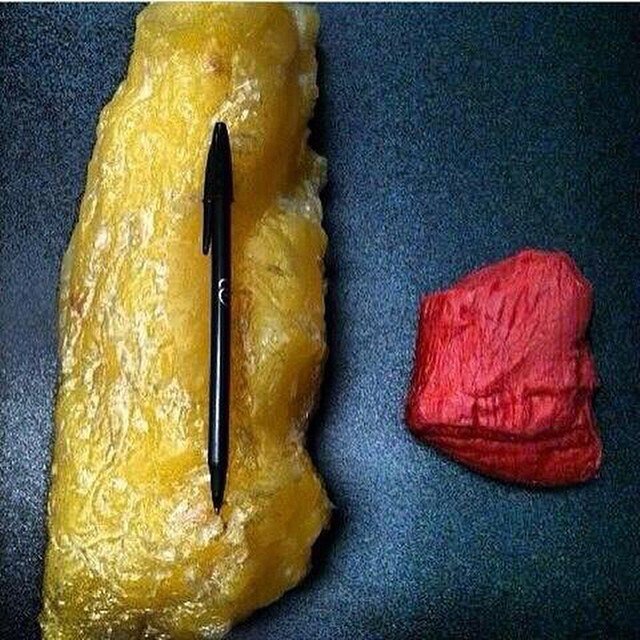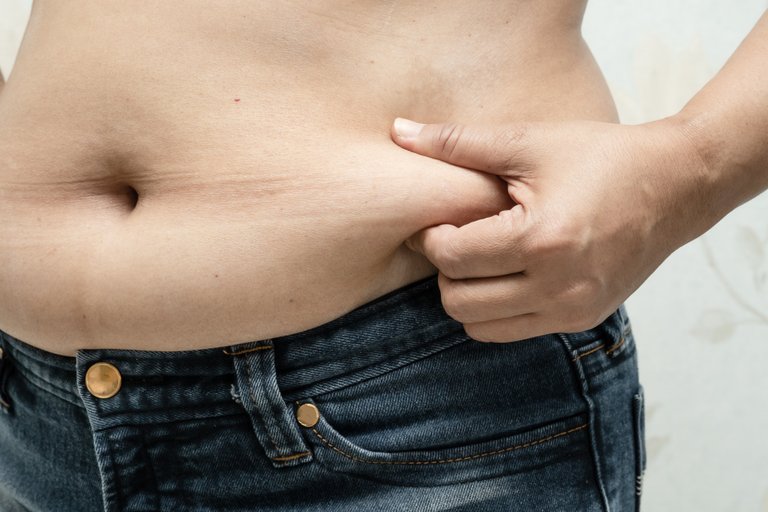Fat, Muscle, Carb And Their Relationship With Insulin Resistance
Have you checked for a difference in fat and muscle? Why do fat people not possess extra muscle, After all, isn't all that fat supposed to mean extra muscle?
Obesity is a disease of the muscle, and being healthy at a baseline doesn’t include it. Something as simple as keeping fit and performing minor exercises, you so far away from insulin resistance. Insulin resistance is the baseline of diabetes and when it happens it means the body has trouble processing carbohydrates. Researchers have shown that the less body mass a person has, the more they are likely to be insulin resistant and it has been shown that reduced muscle mass is associated with lots of diseases.
When insulin isn’t able to process carbohydrate, it means the simple croissant you ate will be broken down to glucose but insulin which is meant to transfer the glucose from the blood into cells isn’t working. In the body, the muscle is so good at using up glucose because when it moves it is able to use up or get rid of it. It either stores it or burns it for energy.
When the muscle has absorbed most of the glucose, the liver stores it as well. When both the muscle and liver have had enough glucose that they can handle, they begin to store the glucose as fat in the liver cells and the muscles. When this happens for a long period, one begins to suffer from insulin resistance.
People after seeing that too much carbs can increase fat and lead to insulin resistance began to consume a carb-free diet but then with less carbs, comes loss of muscle coupled with sarcopenia which is when a person starts to lose body mass after the age 30. Scientists have looked at protein as a viable solution as research has shown that the more protein we consume the more body mass we have.
There is a threshold for fat storage and once the adipocytes are filled up, people begin to get fat and start to suffer from insulin resistance. Obesity is not the cause, it is the symptom because before one begins to get to the point of obesity, the body begins to get insulin resistant.
This said, a lot of people going to the gym take much high-carb diet and even go the extra mile to consume anything with carbs and you may wonder why they aren’t fat even after consuming such a large amount. The truth is they burn this glucose through their muscles as energy when exercising. The more muscles athletes have, the more they can handle carbohydrates.
REFERENCE
https://bmjopen.bmj.com/content/8/2/e018449
https://www.sciencedirect.com/science/article/pii/S0306987719306462
https://www.bmj.com/content/382/bmj-2022-073939
https://pmc.ncbi.nlm.nih.gov/articles/PMC3093919/
https://pennstatehealthnews.org/2021/09/obesity-trauma-death-2021/
https://bmcmusculoskeletdisord.biomedcentral.com/articles/10.1186/s12891-020-03228-y


Thanks for your contribution to the STEMsocial community. Feel free to join us on discord to get to know the rest of us!
Please consider delegating to the @stemsocial account (85% of the curation rewards are returned).
Thanks for including @stemsocial as a beneficiary of this post and your support for promoting science and education on Hive.